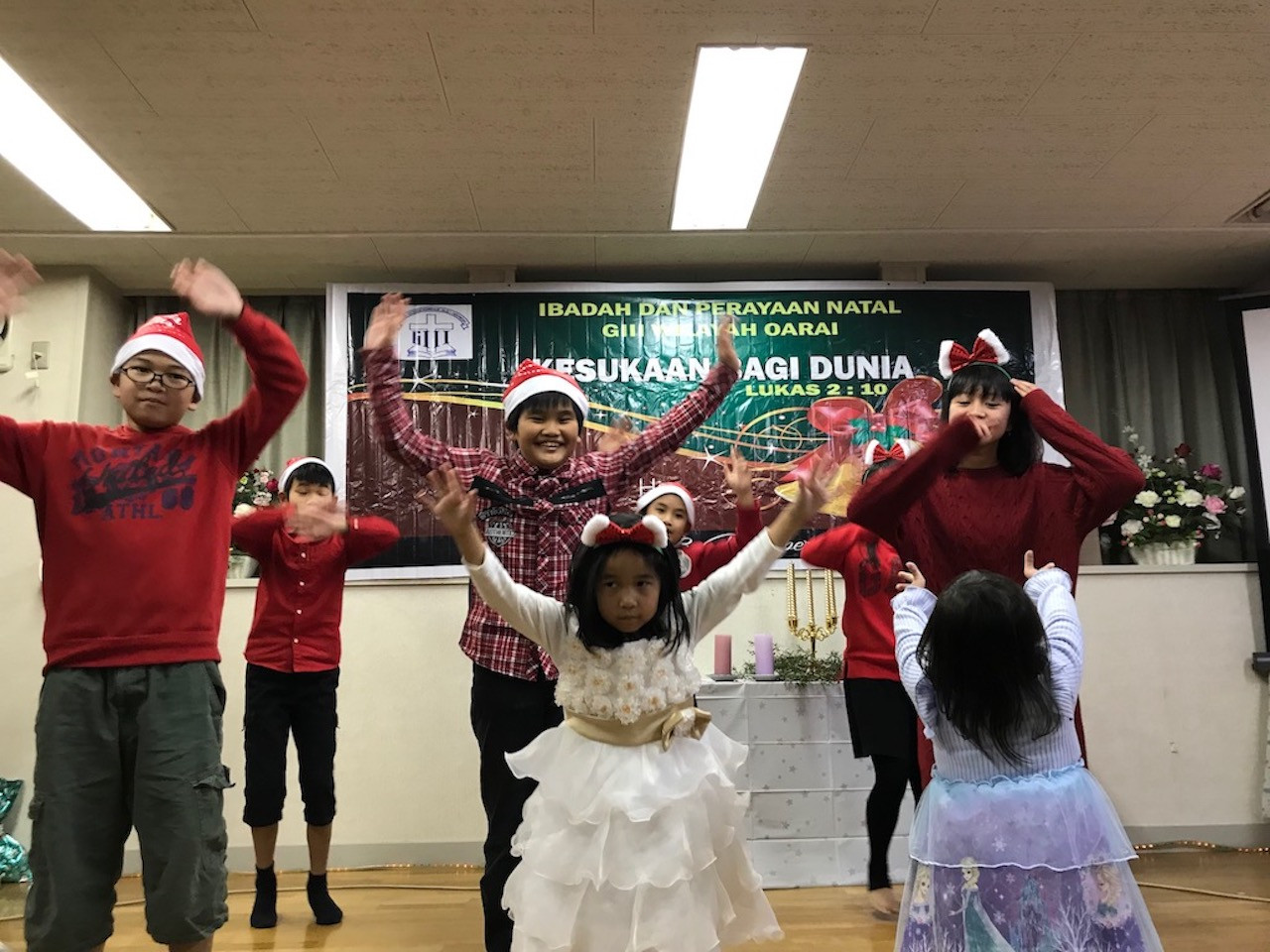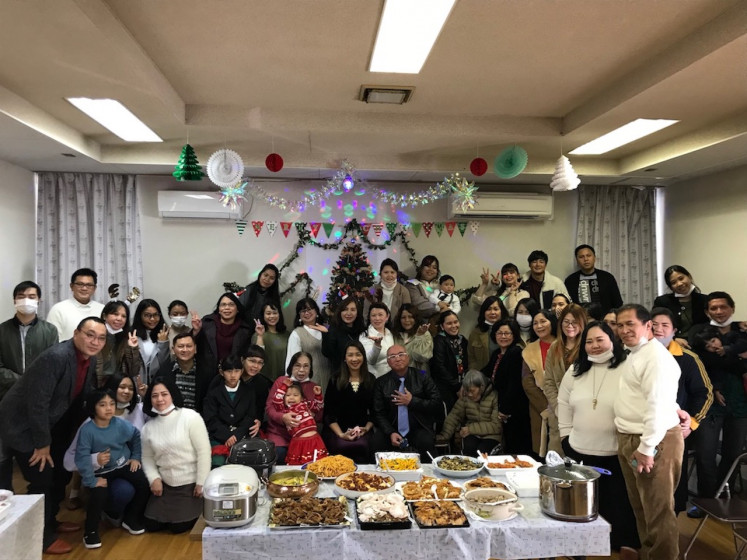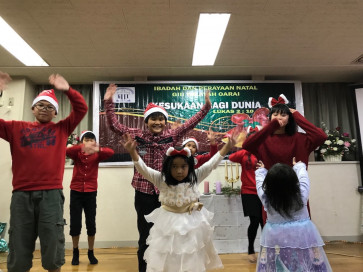Popular Reads
Top Results
Can't find what you're looking for?
View all search resultsPopular Reads
Top Results
Can't find what you're looking for?
View all search resultsGenerations of struggle and aspirations in Japan’s kampung Manado
How did the Japanese coastal city Oarai become a home for many Indonesian Christians?
Change text size
Gift Premium Articles
to Anyone
A
three-hour northbound slow train trip from Metropolitan Tokyo will bring visitors to Oarai, a cold seaside town surrounded by paddy fields. Known as “kampung Oarai Manado” or Manado Oarai village, it has the highest concentration of Indonesians across the Land of the Rising Sun. Manado, of course, refers to the capital city of North Sulawesi, where the majority of its people (over 60 percent) are Christians.
At a makeshift church in a community center, a regular Sunday morning service was taking place, held in Indonesian, or more precisely, the Manadonese dialect. The churches in Oarai are not influenced by their Japanese counterparts but retain the rituals held by Manado churches and conducted in Indonesia. Aside from the Manadonese people on the island, most of the Japanese residents of Oarai still practice Buddhism and Shinto.
Among the dozens of participants was Kenichi Lembong, 12, who was earnestly singing a hymn.
In appearance, Kenichi looks like a typical Japanese boy. He loves the soccer-themed manga Eleven, and his favorite dishes are sushi and fried oyster. Still, he considers himself “between Japanese and Indonesian”.
His dream is to become a doctor. Speaking in fluent Japanese, he told me he would work anywhere, not just in Japan.
“I want to save people’s lives”.
A congregation of Japanese-Indonesians in Oarai (JP/Courtesy of Nocky Lembong)



















